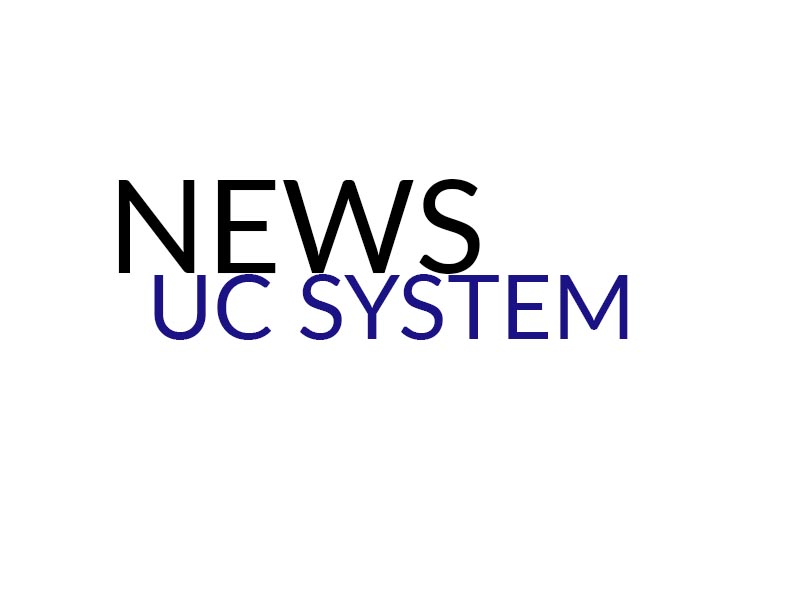In the wake of an imminent UC-wide tuition increase, a new national survey has found that the majority of millennial women worry about their financial futures due to the impact of student debt.
The survey, conducted by lifestyle website UChic, asked approximately 500 women if they felt the financial constraints of higher education would keep them from achieving their professional dreams. Of the respondents, 67 percent said yes.
Additionally, 52 percent of respondents reported accumulating up to $14,999 in debt from non-tuition related expenses like textbooks.
Christie Garton, founder of UChic, believes today’s students are likely to end up underemployed, and as a result, have an even more difficult time paying off their loans.
“When you go into college, there is the expectation that when you graduate, you’ll be able to get a great job in the field that you want to go into. But that’s just not the case anymore,” Garton said.
Instead, Garton explained, students take whatever jobs they can to begin paying back their loans, leading to a trend of underemployment and affecting these students’ earning potential in the future.
Garton also believes that the growing financial burden will have a long-term effect as students shy away from pricy, top-tier schools in favor of more economical options.
“Today more than ever, with student debt at an average of $33,000, students are going to start [to] take a hard look at the more affordable universities,” Garton said. “What it really comes down to is an individual choice, like choosing a school where alumni are making the most money from the major you want to pursue.”
The UC system has been under a tuition freeze for the last three years, in part due to a financial boost from Proposition 30 in 2012. But UC Regents Board member George Kieffer recently told the UCSD Guardian that a tuition increase of 4 to 5 percent is likely to take effect in the 2015-16 school year.
“It’s difficult to foresee a healthy future without building tuition in some way,” Kieffer said. “I think we should be prepared to face a sense of reality that tuition cannot be frozen forever and in the end that’s not sustainable [or] a solution.”








